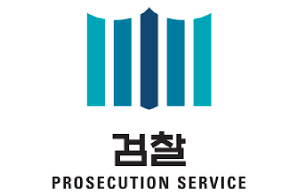20 Pages
Posted: 2 Feb 2021
Last revised: 10 Mar 2021
Date Written: January 15, 2021
Abstract
Prosecutorial independence is often conceived of in terms of the separation of powers. But it can also be understood from the perspective of mechanisms of accountability for prosecutors. The Anglo-American legal tradition has historically relied on democratic accountability for prosecutors (i.e., their selection by elections or elected politicians, control by grand jury, private prosecution, etc.). By contrast, the Continental European tradition has depended on mechanisms of bureaucratic accountability for prosecutors (i.e., their selection by meritocratic exam, hierarchical supervision, merit promotion, etc.). Comparative analysis of prosecutorial accountability mechanisms, which both establish and set limits on independence, can give us a fuller sense of the concept of prosecutorial independence.
This paper examines prosecutorial independence in South Korea. Its prosecutorial institutions are derived from Continental sources, mainly Germany and Japan. The Korean people have become increasingly outraged towards their prosecutors for perceived politicization. In scandal after scandal, for decades, the Prosecutors’ Office has attacked the president’s enemies and protected the president – and his or her friends. By 2020, opinion polls showed that prosecutorial reform had become the second most important political issue for the public, after the global coronavirus pandemic. This paper – based on interviews with Korean prosecutors, judges, lawyers, and law professors – explains how the Korean Prosecutors’ Office experiences politicization, despite its Continental European organizational framework. It focuses on how independence is lost in three key areas: personnel policy, investigations, and charging decisions. The paper demonstrates how mechanisms of bureaucratic accountability for prosecutors can fail to establish prosecutorial independence.
To summarize the paper’s conclusion: the centralized, hierarchical system for supervising prosecutors, including bureaucratic promotion, in theory establishes rational management and quality-control over prosecutors. But in reality, these mechanisms allow the upper echelons of the prosecutorial bureaucracy, and the politicians that appoint them, to exercise firm political control over the entire system.
This working paper is part of a larger whole. Other parts discuss the history of the Korean Prosecutors’ Office, how reformers have sought to import elements of the Anglo-American independence style, and how Korea’s experience helps in conceptualizing prosecutorial independence in comparative perspective.
Suggested Citation:




